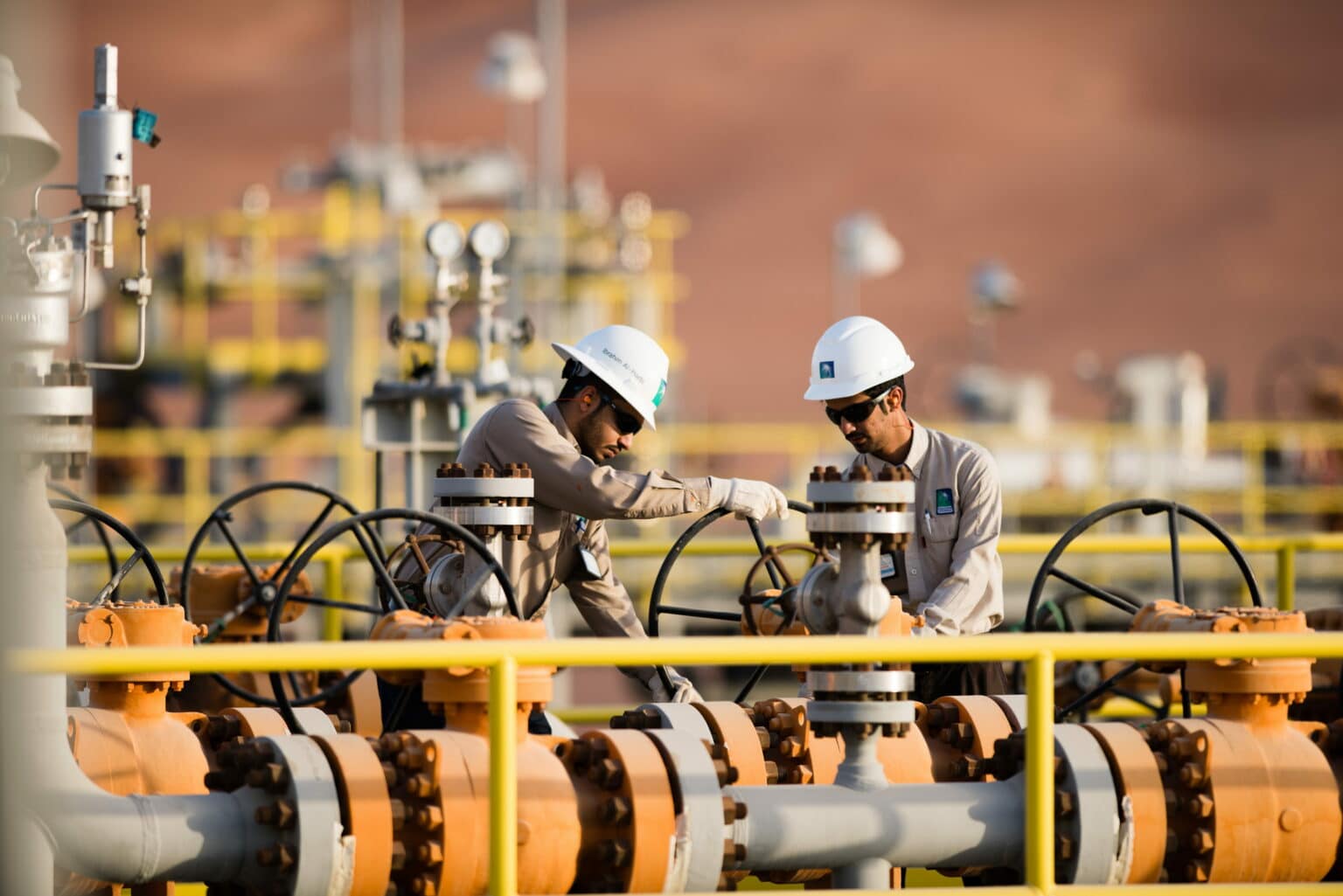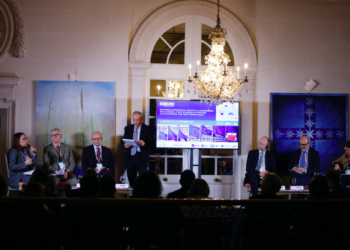Brussels – The European Union’s strategy for energy independence is working. The EU’s response to Russian military operations in Ukraine has produced tangible results in slashing purchases of gas and oil that Gazprom and Rosneft no longer pump to the twenty-seven countries. The European Commission, two years after the launch of the RepowerEu strategy designed to remove itself from the Russian game and reduce valuable revenue to the Kremlin’s war machine, draws a balance. “Two years later, the results of our collective efforts are clear to all,” stresses the chairwoman of the EU executive, Ursula von der Leyen. “We have made a massive cut in Russian energy imports, squeezing the Kremlin’s war economy and standing solidarity with our Ukrainian friends.”
The data supports von der Leyen’s words. Natural gas demand decreased by 18 per cent between August 2022 and March 2024, and as a result, as much as 125 billion cubic meters of gas were saved. But if we look at the gas energy sector, not only natural gas but also derivative products and liquefied gas (LNG), total Russian imports have dropped from a 45 per cent overall share in 2021 to 15 per cent in 2023. These are “significant achievements,” notes the EU executive, which “put the EU on track to phase out Russian fossil gas imports by 2027.” Added to all this are the sanctions on oil, for which an almost complete ban has been decreed. Restrictions cover 90 per cent of Russian crude and oil products.
“Our reaction was rapid and robust”, a satisfied von der Leyen emphasizes again. “We have broken our energy dependence on Russia, and Putin’s pipelines are no longer a tool of blackmail against Europe“. Most of the work has been completed, but more has to be done, as the EU Commission chairwoman is well aware. It is no coincidence that she recalls that there is no sitting on our hands in Brussels and the capitals of the member states. “Now, we are pressing ahead with our efforts to completely phase out Russian fossil fuel imports, and to provide more secure, clean and affordable energy to European citizens and to strengthen the competitiveness of our industries”.







![Un motoscafo in Svezia. Nell'Ue si pone un problema di mancato riconoscimento delle patenti nautiche [foto:
Matti Blume, Wikipedia Commons. Copyright: Creative Commons Attribution-Share Alike]](https://www.eunews.it/wp-content/uploads/2024/11/motoscafo-Saltsjoen_Stockholm_P1090679-120x86.jpg)
